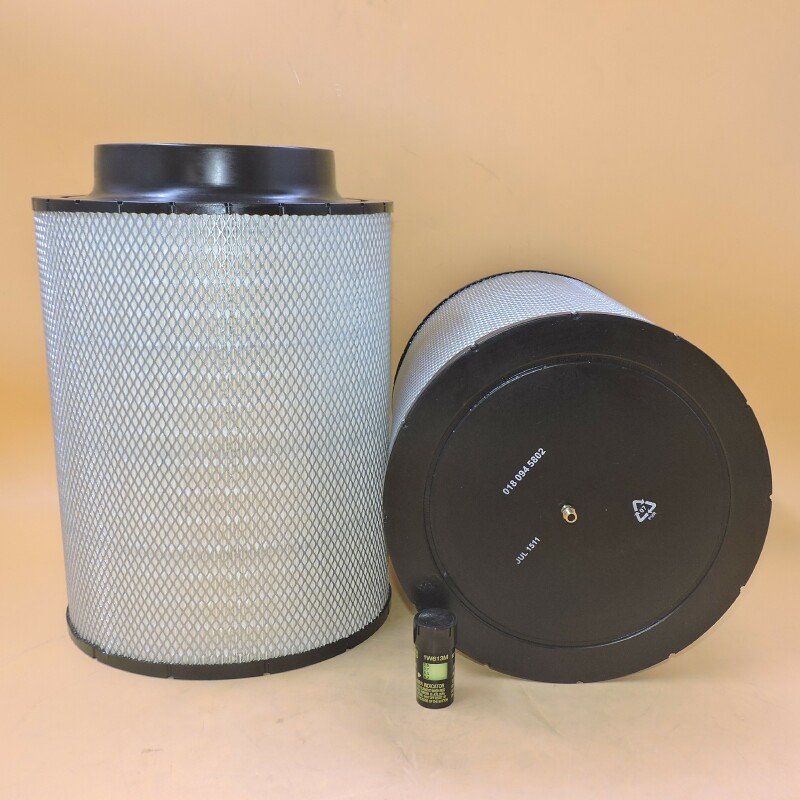The world of manufacturing and supply chain management is filled with unique identifiers that often seem cryptic to the untrained eye. One such code, 240721-0187, stands as an example of how detailed part numbers can provide a wealth of information about specific components used in industrial sectors like electronics, automotive, and heavy machinery. These alphanumeric codes serve as essential tools for professionals to classify, track, and maintain complex parts across vast inventories. This article will take a deep dive into the significance of the identifier 240721-0187, exploring its potential applications, the importance of standardized coding, and how such identifiers streamline operations and quality control in modern industries.
The Significance of 240721-0187 and How It Fits into Industrial Coding Systems
When considering a code like 240721-0187, it’s important to understand that these identifiers aren’t random. Each segment within the code serves a specific function, often representing information such as model numbers, specifications, batch information, or performance ratings. In industries where precision and accuracy are paramount, these codes provide essential details that are used across manufacturing, quality assurance, and maintenance sectors.
- Breakdown of the Code: While each manufacturer may have a unique coding system, codes similar to 240721-0187 generally follow a pattern. The initial section, “240721,” could indicate a product line, model, or category within a manufacturer’s catalog. The second part, “0187,” might represent a unique identification within that category or a specific feature, such as production batch or design variation.
- Standardization Across Industries: Industries such as automotive, aerospace, and electronics use standardized coding to maintain consistency and ensure that parts are easily identifiable. This is particularly useful in quality control, enabling manufacturers and users to trace components back to their origins, ensure compliance with safety standards, and manage inventory efficiently.
Potential Applications of Components with Identifiers like 240721-0187
While the exact specifications of 240721-0187 are unclear, its structured format suggests that it could belong to one of several specialized categories within industrial manufacturing. Let’s explore a few potential applications where such identifiers are common.
- Automotive Parts and Components: In the automotive industry, codes similar to 240721-0187 are frequently used to classify parts like electronic control modules, brake components, and engine components. These identifiers help technicians and engineers quickly locate and replace parts, ensuring compatibility and safety. For example, if 240721-0187 refers to a fuel injector, knowing its exact specifications allows technicians to maintain the engine’s efficiency and performance.
- Electronic and Semiconductor Components: Electronics manufacturing relies heavily on coded components for efficiency. Components like transistors, capacitors, and microchips are often marked with similar codes to specify their voltage, capacity, or processing capabilities. If 240721-0187 is used within an electronics context, it could be part of a larger circuit system or integrated into a device to manage electrical signals, ensuring precise operation within electronic devices.
- Heavy Machinery and Industrial Equipment: Industrial machines, like compressors, turbines, and pumps, often include multiple components labeled with unique codes for easy tracking and replacement. Codes such as 240721-0187 might correspond to parts with specific tolerance levels, durability ratings, or pressure capacities, vital for high-performance applications in sectors like manufacturing, oil and gas, or power generation.
The Role of Identifiers Like 240721-0187 in Supply Chain Management
In large-scale industrial environments, managing inventory, maintenance, and procurement can be daunting without a system of identifiers. Codes like 240721-0187 simplify these processes by offering a quick and precise method for identifying parts and tracking them throughout their lifecycle.
- Inventory Management: In industries where thousands of components are in circulation, unique identifiers like 240721-0187 streamline inventory tracking. Companies can maintain a catalog of each part’s availability, expected lifespan, and potential replacement schedule. This is critical in fast-paced environments like automotive assembly lines, where the rapid identification of parts is essential to prevent production delays.
- Quality Assurance and Traceability: Quality control is another area where identifiers play a critical role. If a part like 240721-0187 is found to have a defect or requires a recall, its unique code allows manufacturers to trace it back to its production batch and identify any other units that may be affected. This traceability ensures that only affected parts are replaced, minimizing waste and maintaining high safety standards.
- Procurement and Supplier Communication: Clear part identifiers simplify communication between manufacturers and suppliers. When a part such as 240721-0187 is requested, the supplier can immediately recognize its specifications, ensuring that the right part is delivered without misunderstandings. This reduces lead times and improves accuracy in the procurement process.
The Role of Technology in Managing Part Codes
The digitalization of supply chains and the advent of advanced technology have changed the way identifiers like 240721-0187 are managed. Modern industries are adopting technologies that enhance the utility of these codes, improving efficiency and accuracy.
- Barcode and QR Code Scanning: Many companies use barcodes or QR codes alongside alphanumeric identifiers like 240721-0187. This approach enables instant scanning and digital recording, allowing for real-time tracking and reducing human error. Inventory management systems can automatically update stock levels and track parts as they move through various stages of production and distribution.
- Integration with Enterprise Resource Planning (ERP) Systems: ERP software integrates part identifiers into a centralized system that manages everything from inventory to procurement and maintenance. A code like 240721-0187, once entered into the ERP, provides visibility across departments, enabling cross-functional teams to coordinate efficiently. This integration supports predictive maintenance, cost optimization, and just-in-time production.
- Artificial Intelligence (AI) and Predictive Maintenance: AI and machine learning are transforming how parts are managed and maintained. By analyzing data from coded components like 240721-0187, AI systems can predict when a part might fail or need replacement, optimizing maintenance schedules and reducing downtime. This capability is particularly valuable in industries that rely on continuous operation, such as energy production and logistics.
Challenges and Future Directions for Part Identification Codes
While codes like 240721-0187 are beneficial, there are challenges and potential areas for improvement as industries evolve.
- Standardization Across Regions: Different regions and manufacturers may use varying coding systems, creating compatibility issues when components are sourced internationally. Increased efforts toward global standardization could help ensure that codes like 240721-0187 are universally recognized, making it easier for companies to source parts across borders.
- Sustainability and Lifecycle Tracking: As industries aim to reduce waste, part codes could also include lifecycle information or sustainability metrics. Companies could benefit from knowing the recyclability or environmental impact of parts like 240721-0187, enabling them to make more informed decisions and reduce their ecological footprint.
- Enhanced Cybersecurity for Digital Systems: With the growing reliance on digital systems to manage part identifiers, cybersecurity has become essential. Safeguarding information about components like 240721-0187 protects proprietary data and prevents disruptions in the supply chain. Cybersecurity measures will continue to evolve alongside technological advancements to keep digital records secure.
Conclusion
The identifier 240721-0187 represents more than just a part number; it embodies a sophisticated system of organization and efficiency in the industrial world. By enabling precise tracking, quality assurance, and seamless procurement, these codes are essential in the management of complex parts across industries. As technology progresses, the role of codes like 240721-0187 will likely expand, incorporating more digital tools and environmentally conscious practices. Understanding the importance of these codes provides a window into the intricacies of modern industry and the technology that keeps global operations running smoothly.



